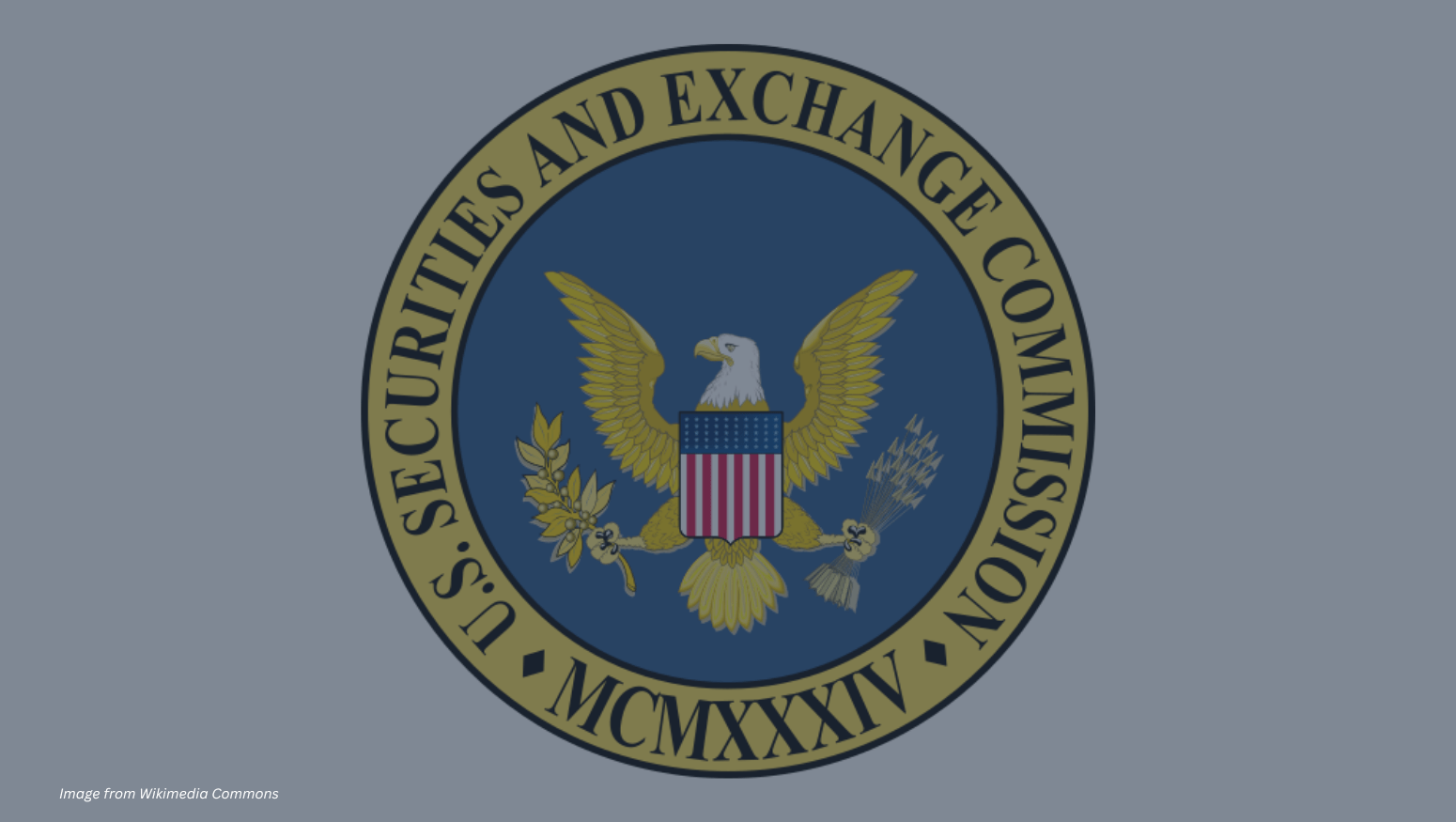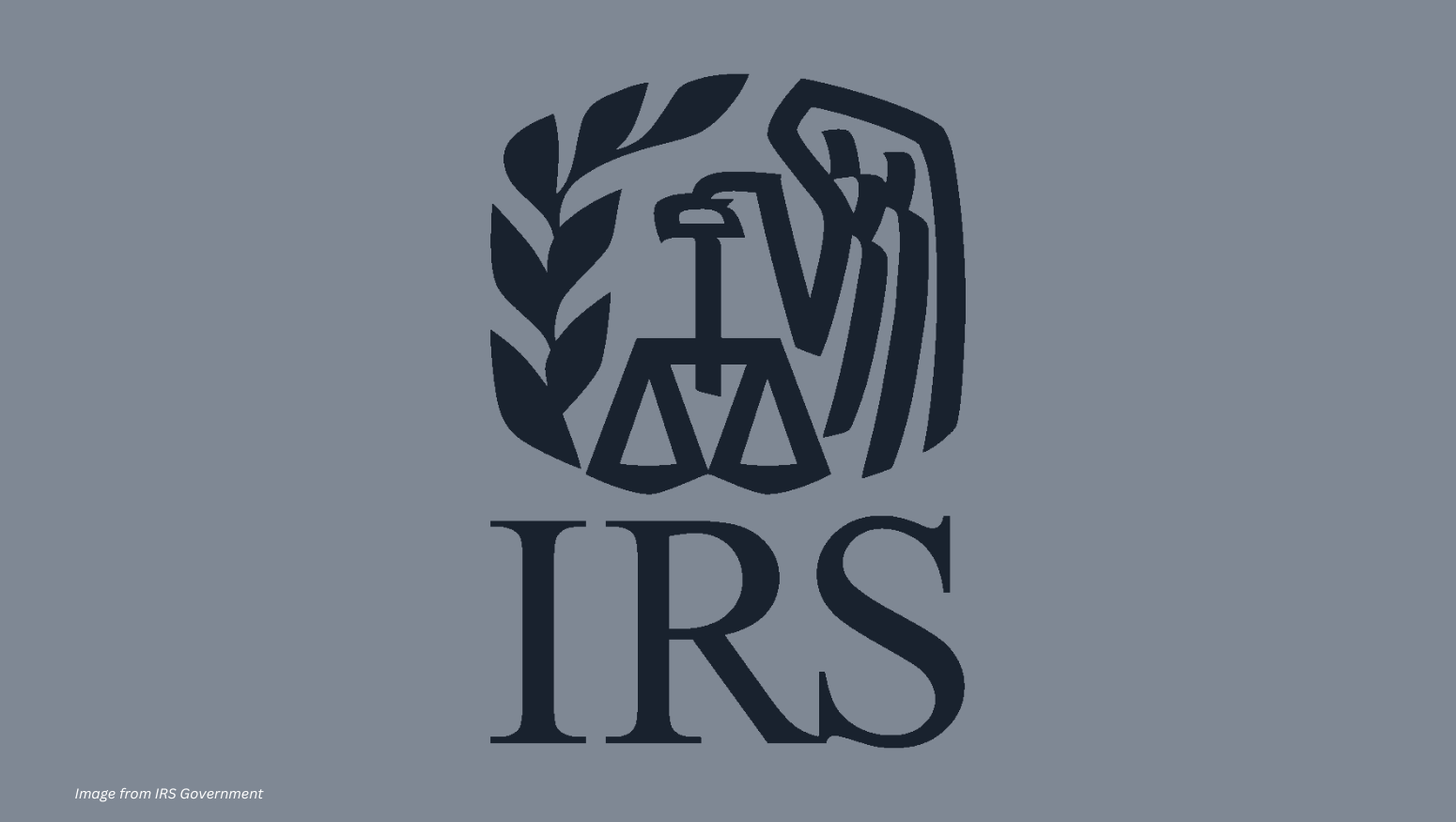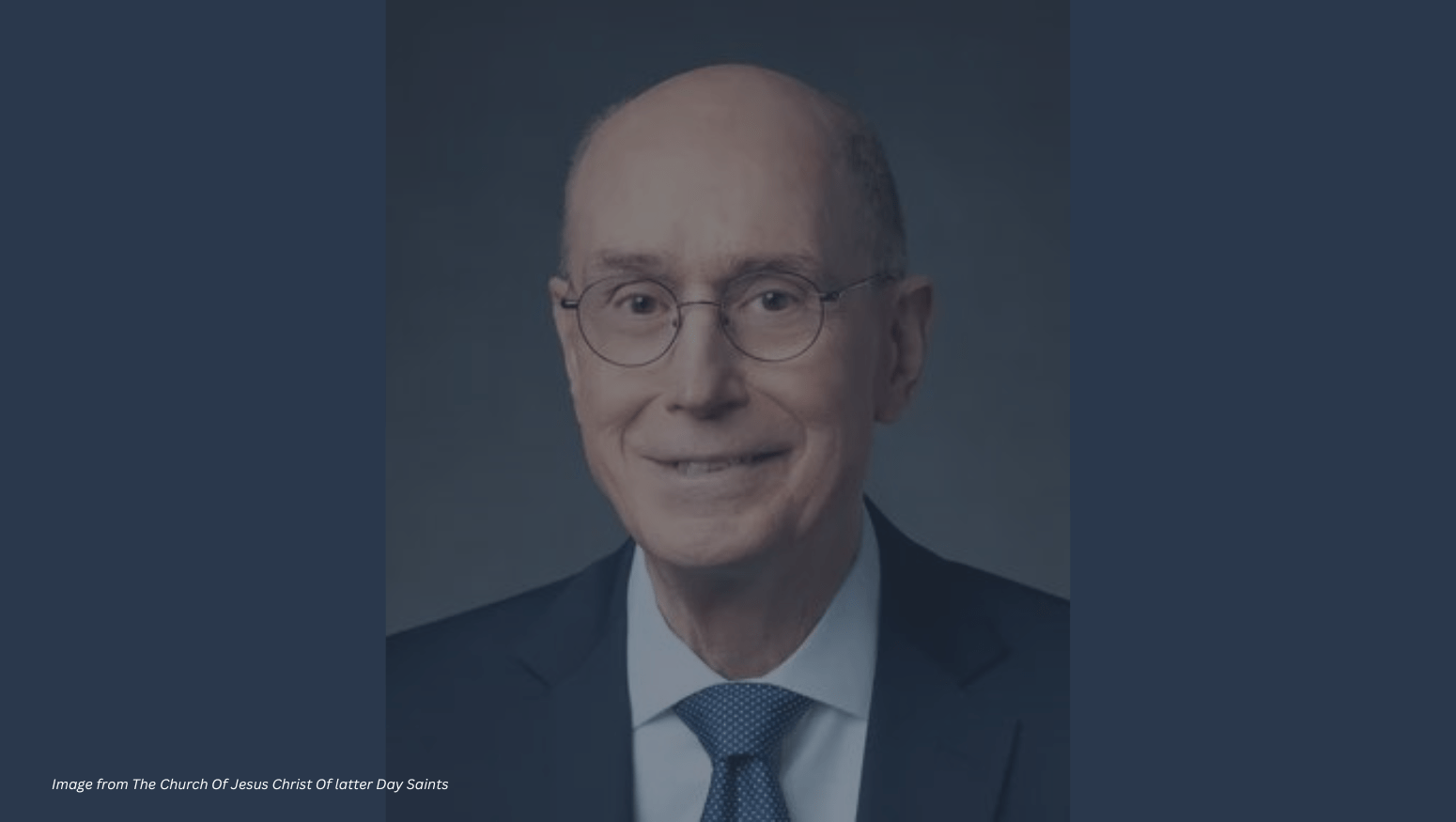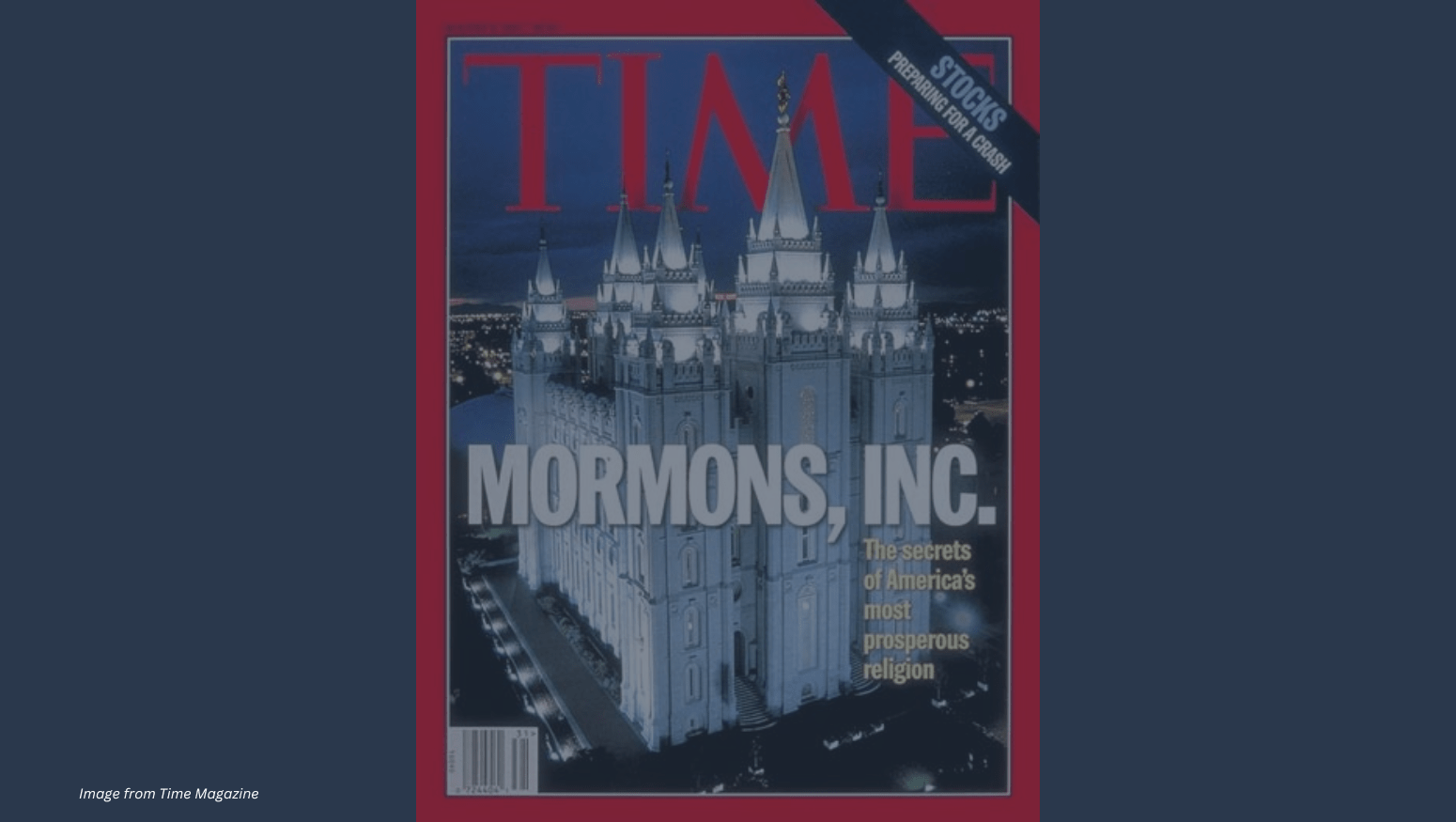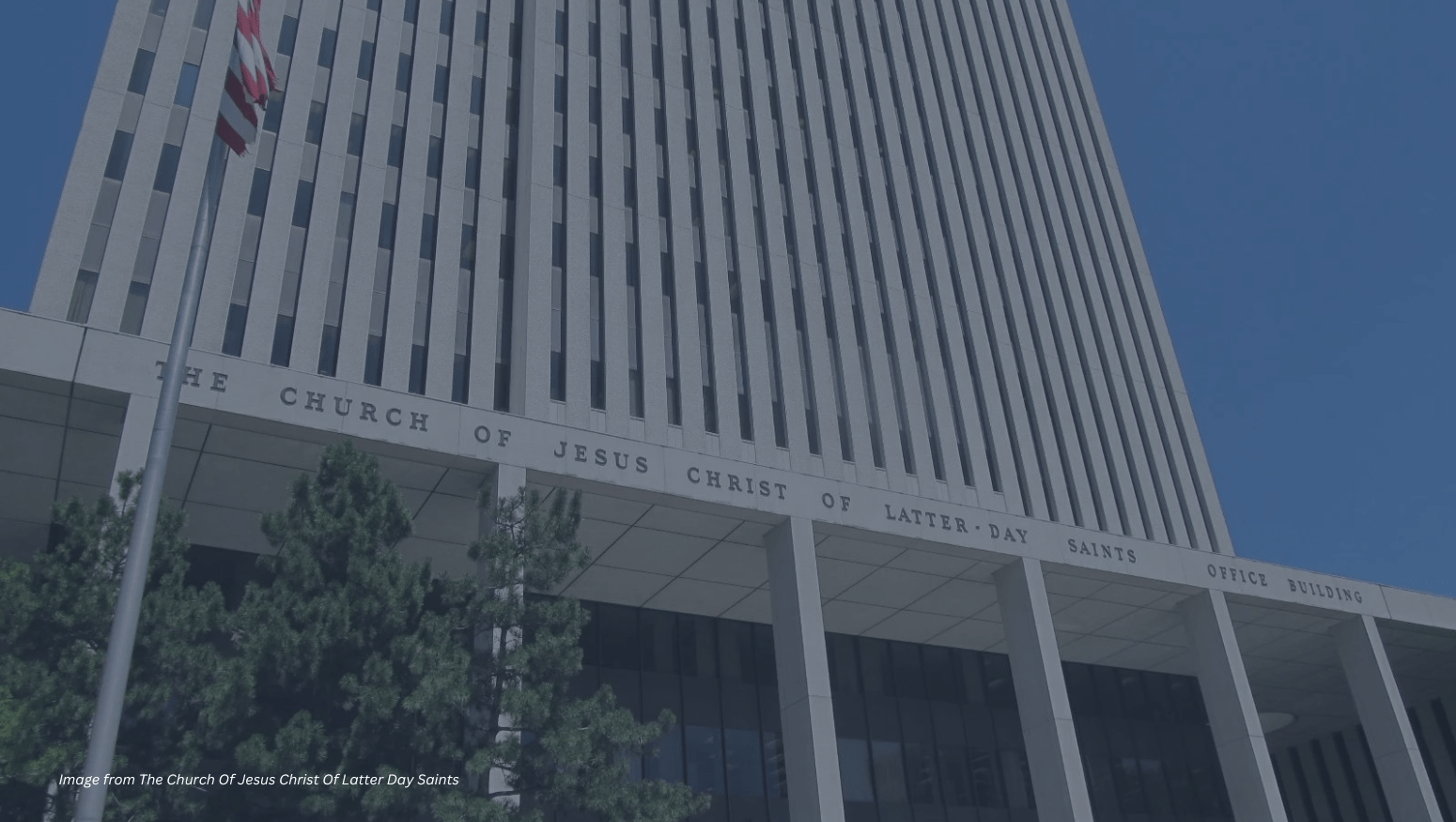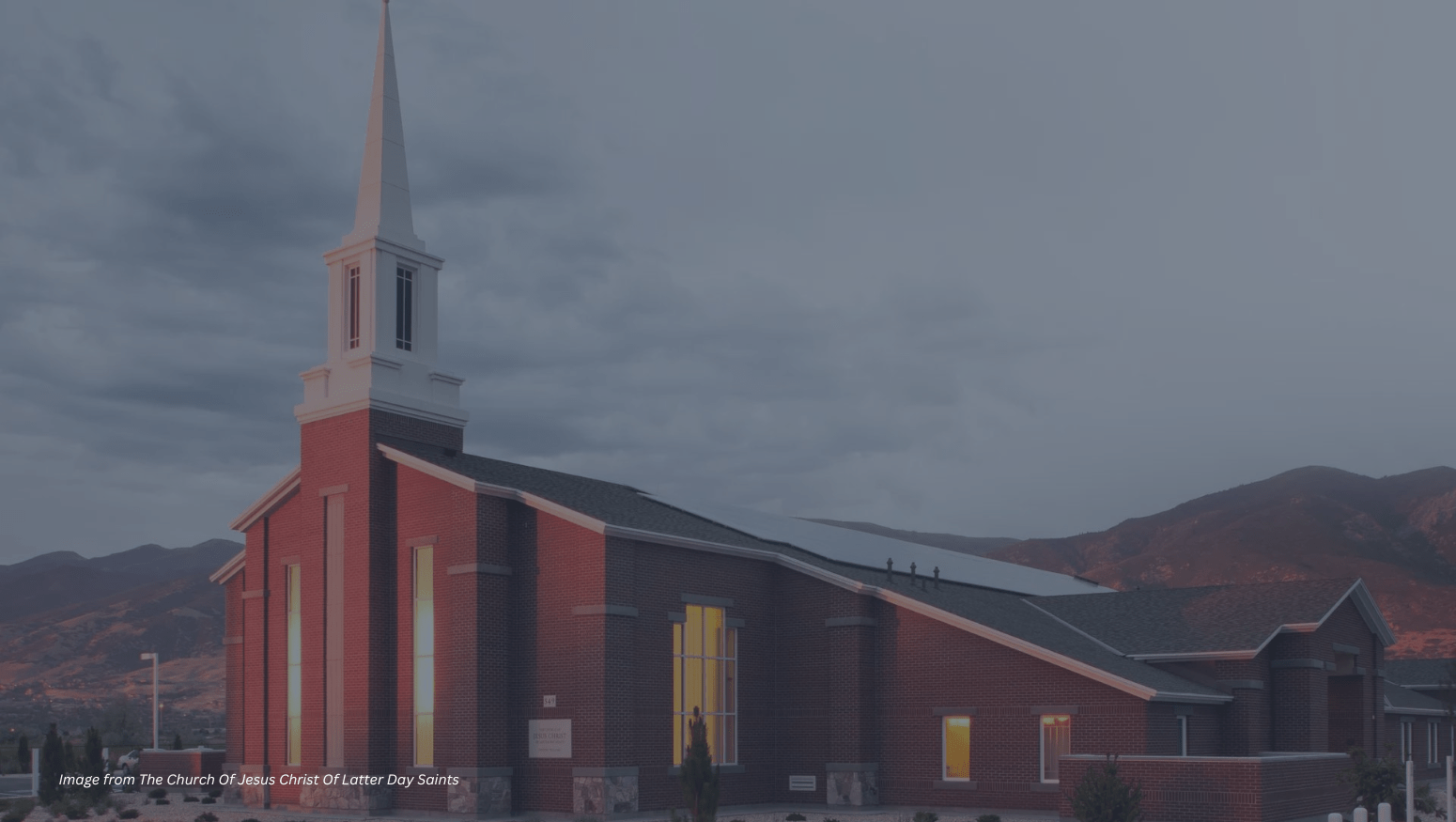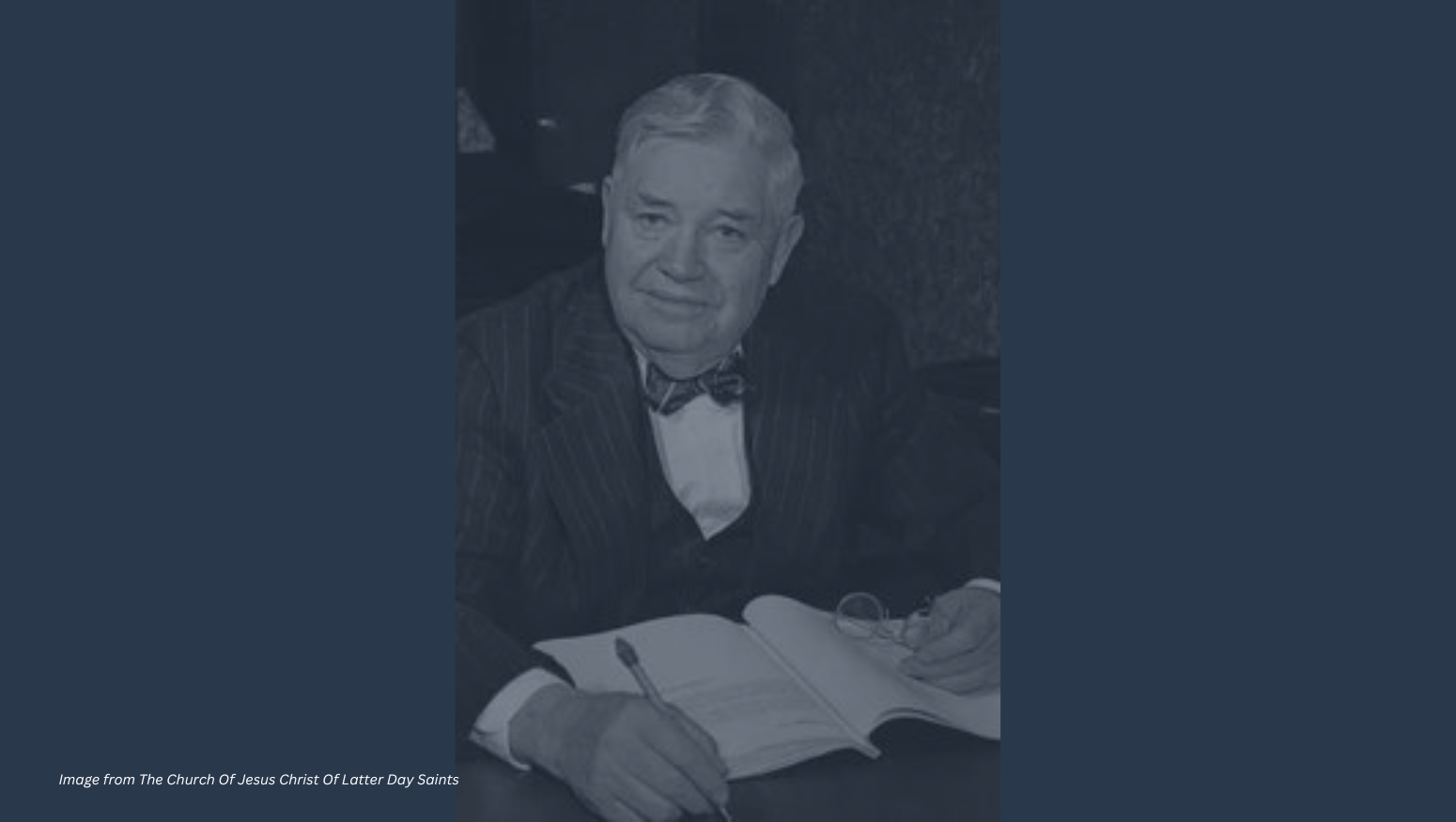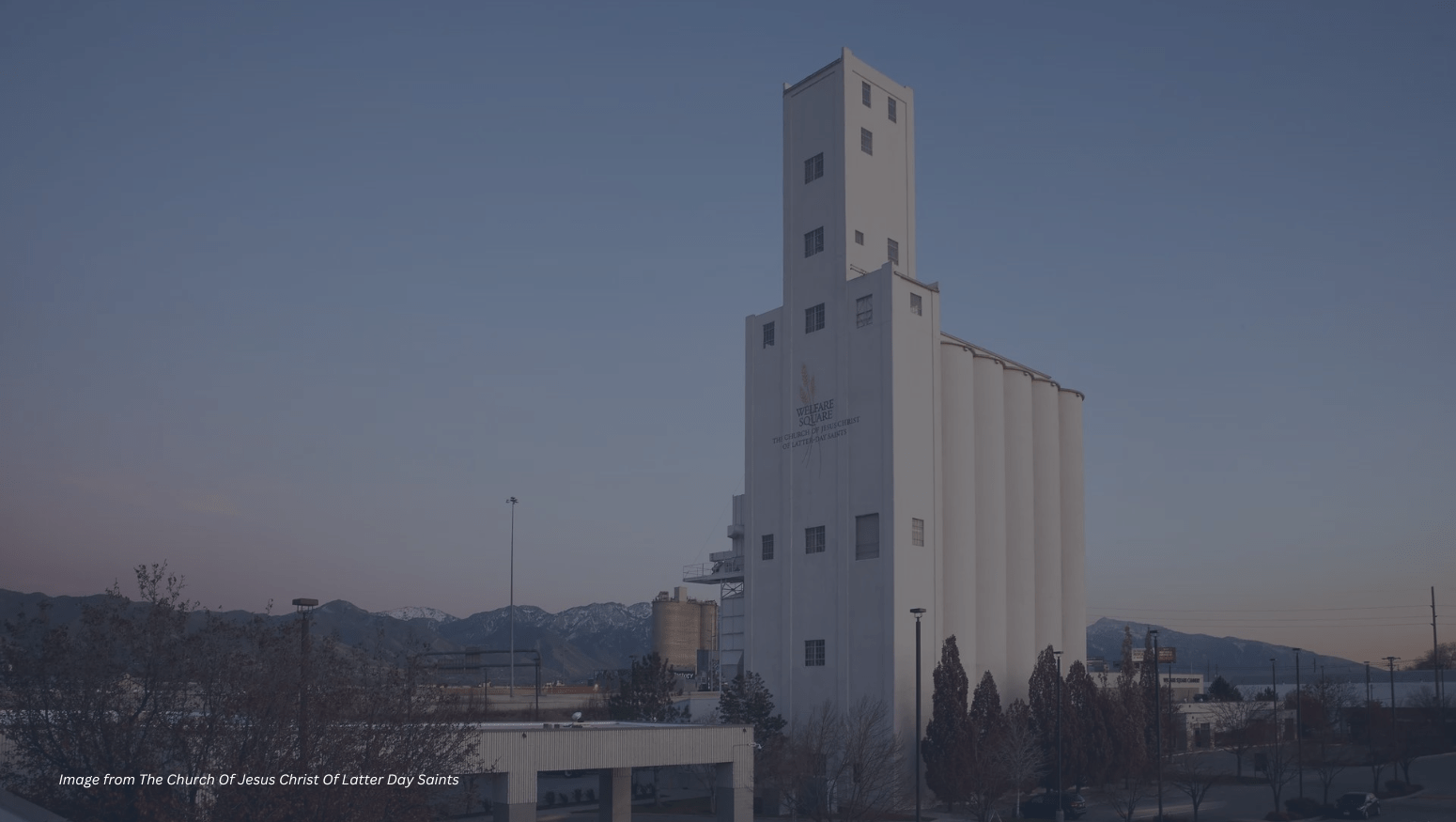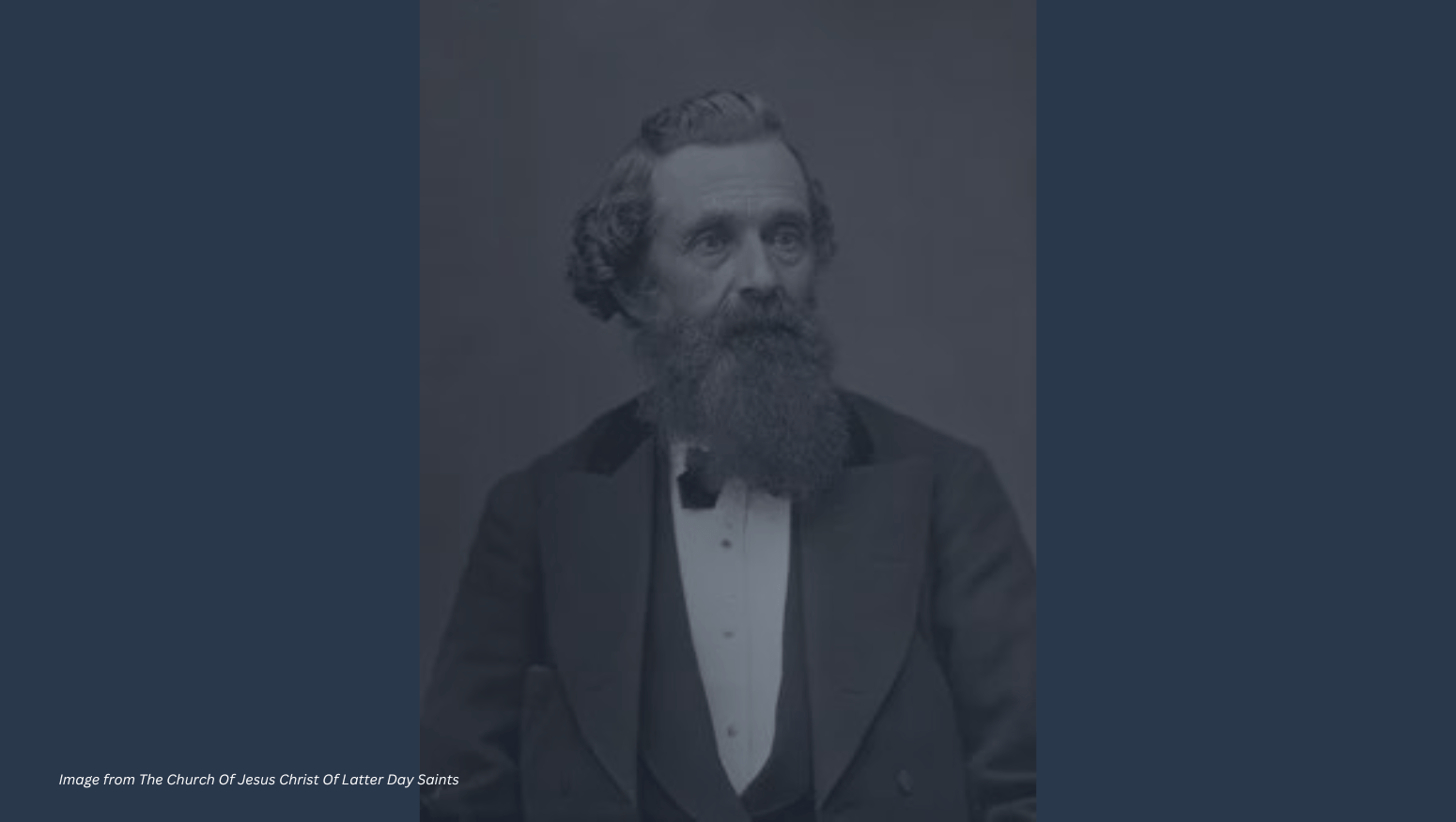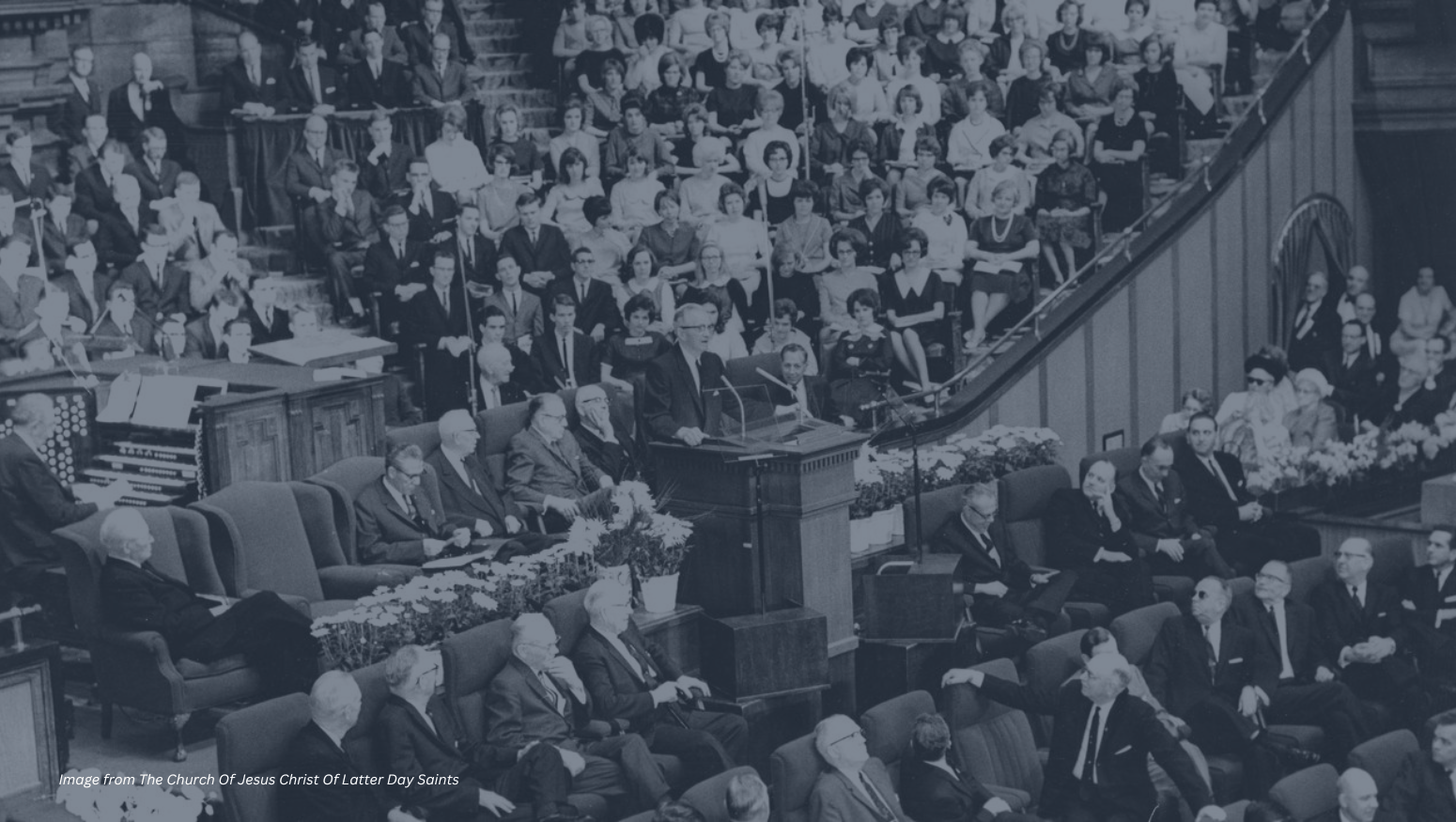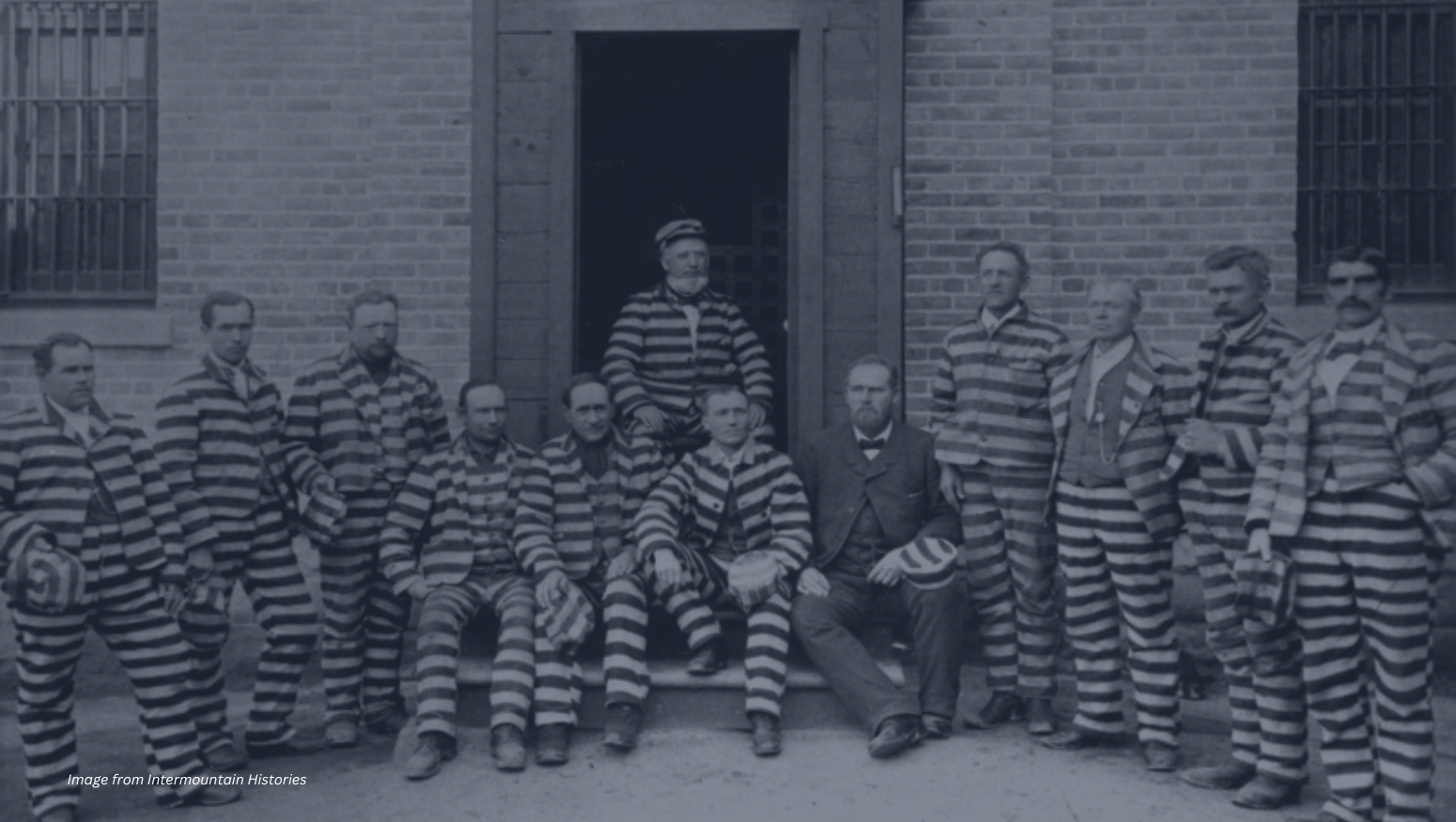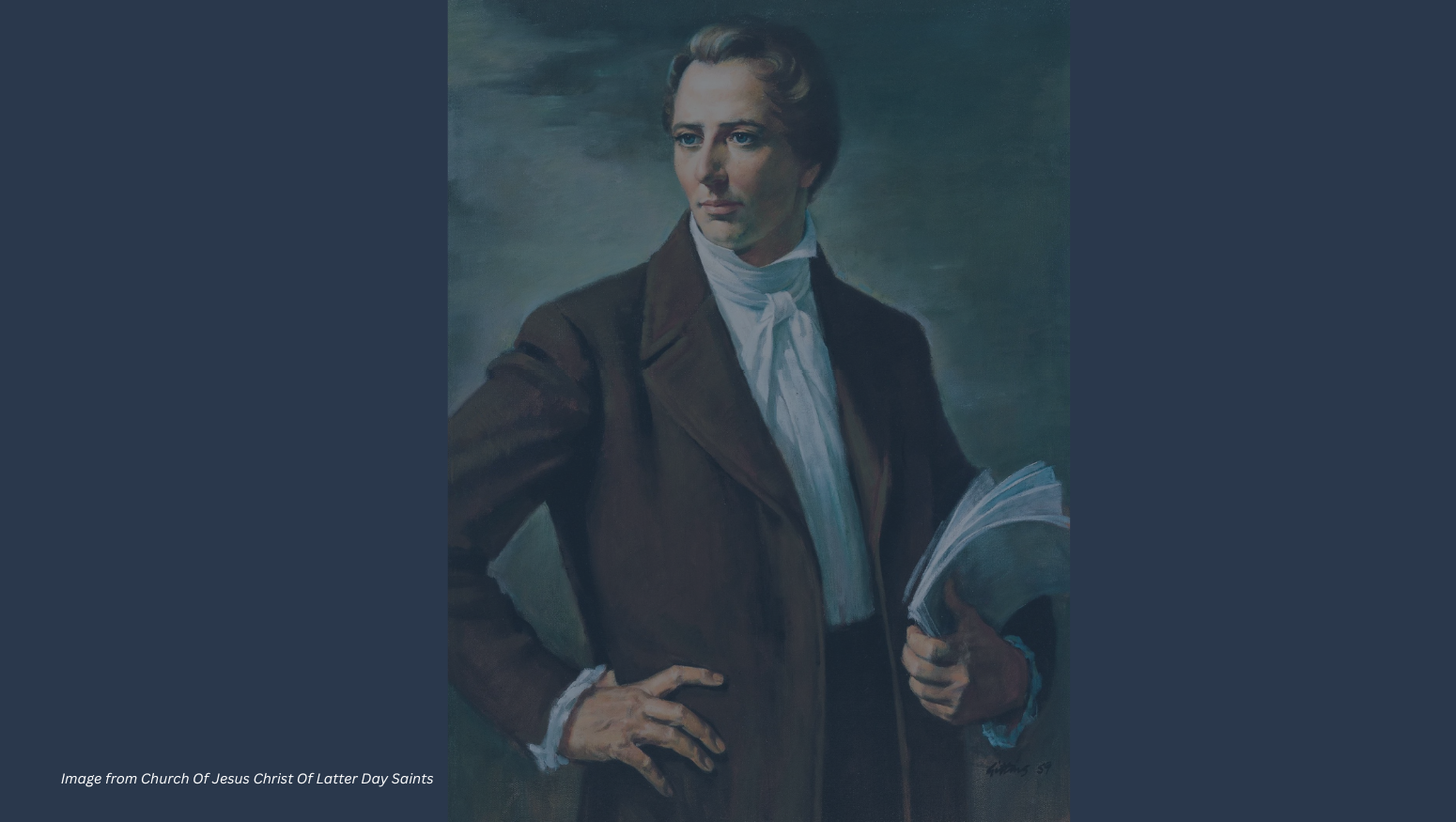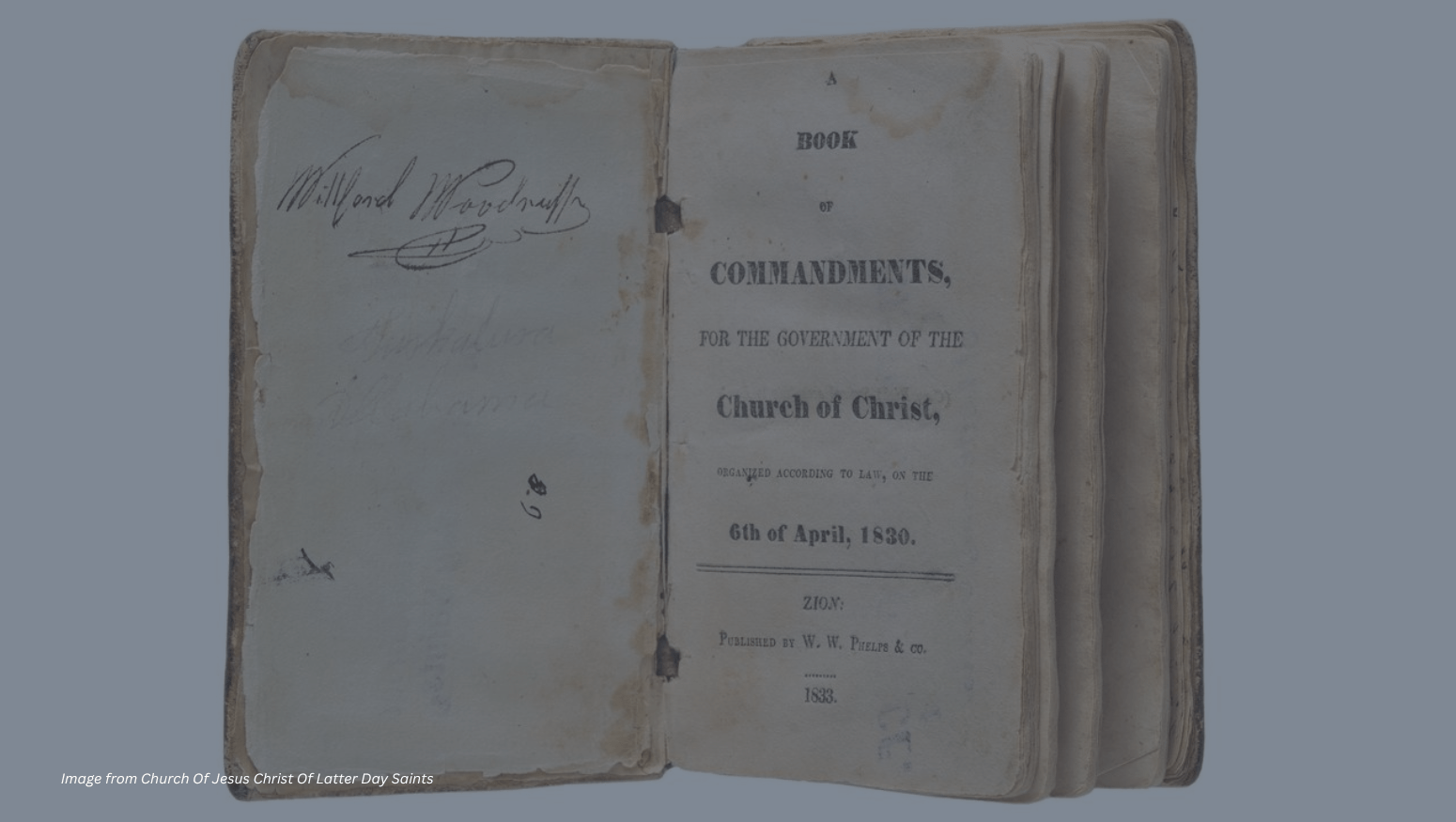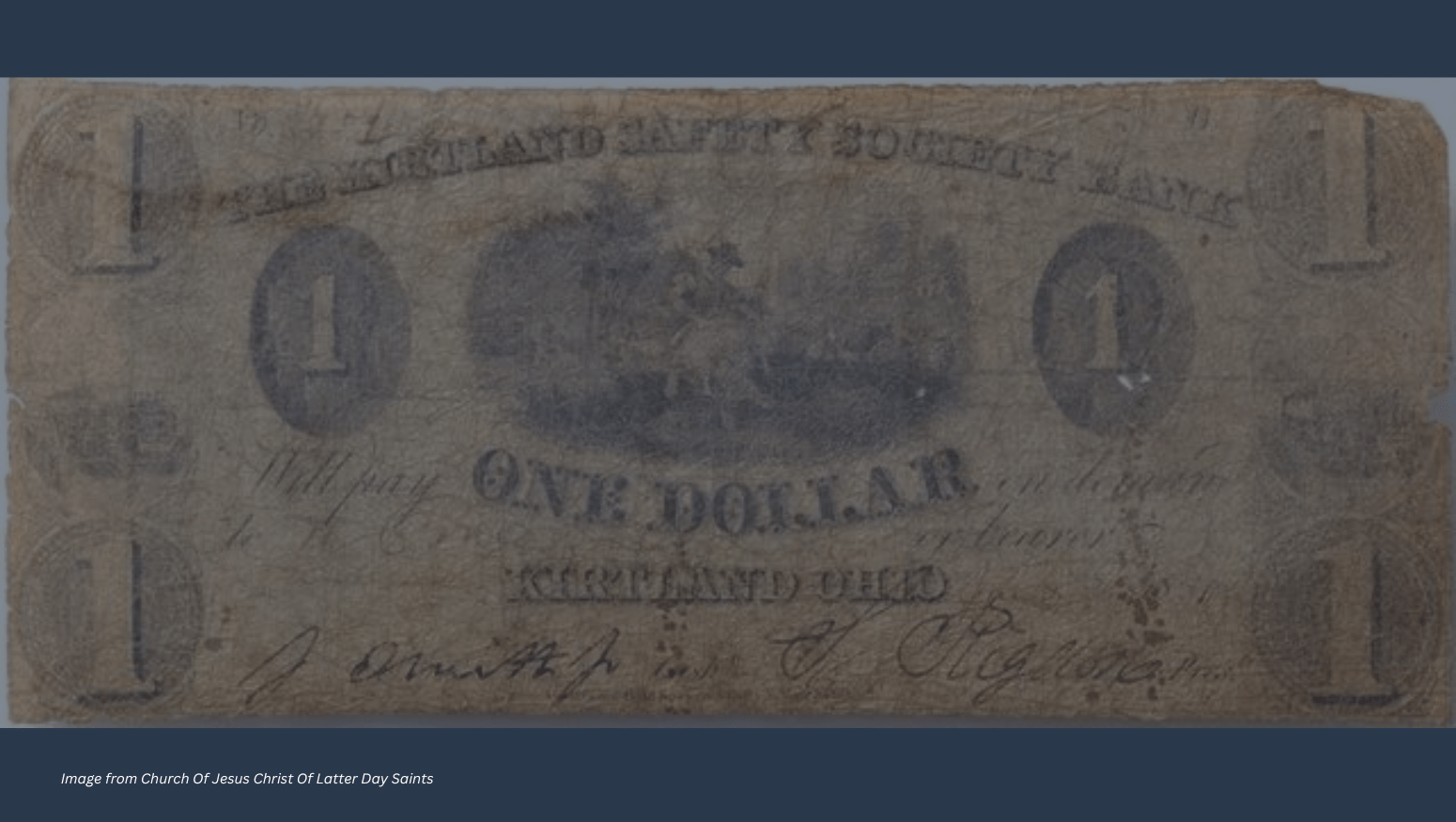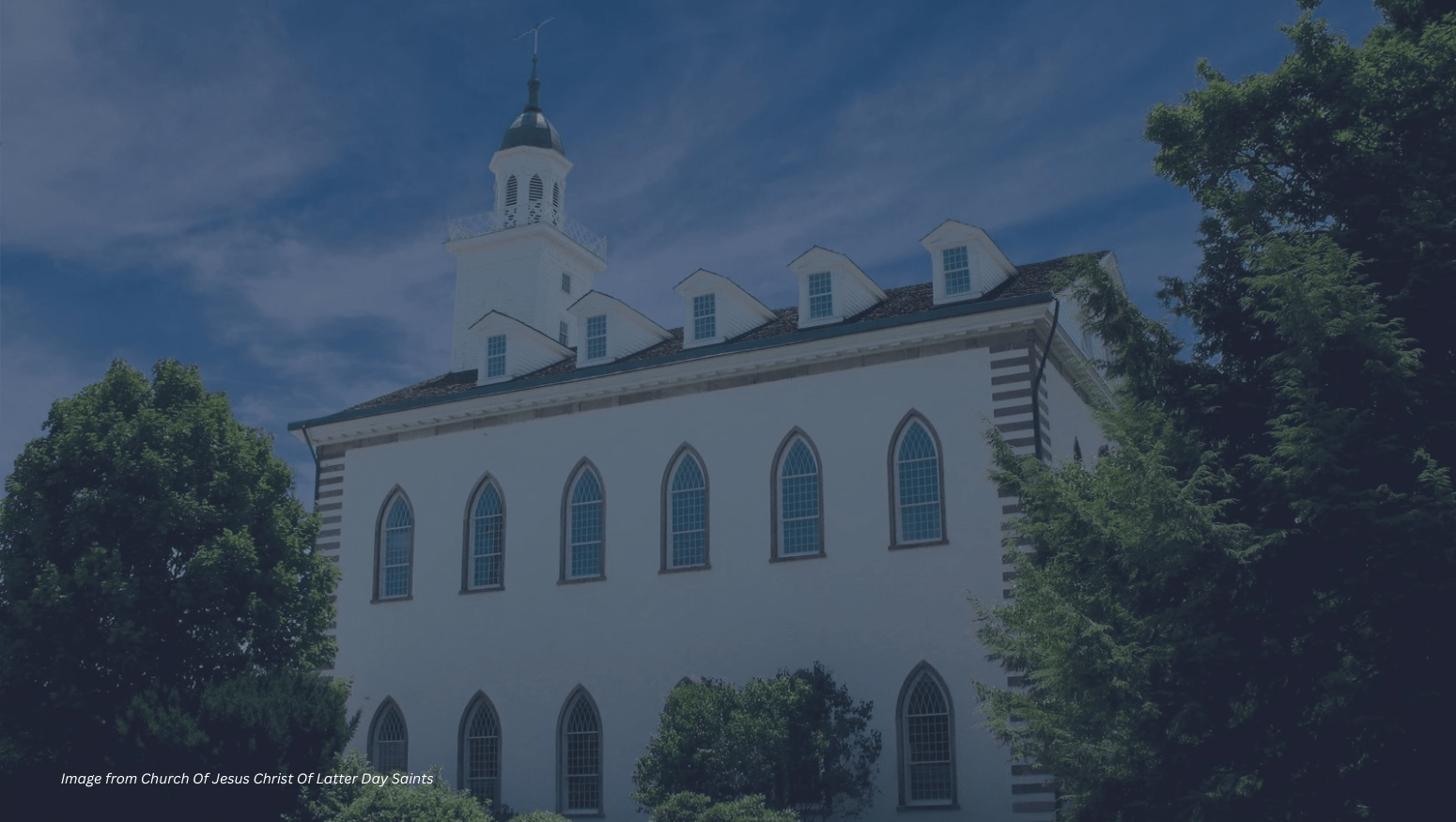60 Minutes Interviewed Various People Inside and Outside of the Mormon Church About Its Finances
Historical Context
What Critics Are Saying
Response to Critics View
David Nielsen, a former employee of Ensign Peak Ensign Peak cancel Ensign Peak is The Church of Jesus Christ of Latter-day Saints’ investment firm. It was established in 1997.
, was interviewed by the CBS program, 60 Minutes. They also interviewed W. Christopher Waddell, the first counselor in the Mormon Church’s presiding bishopric. Nielsen said the LDS Church receives about 7 billion dollars in tithing. Nielsen said that Ensign Peak used tithing to build a 100 billion dollar investment fund. Nielsen claims that during his tenure Ensign Peak only ever used these funds for two purposes: to bail out an insurance company and invest in City Creek Mall. Nielsen believes that the LDS Church defrauded its members and defrauded the IRS by building such a large investment portfolio, tax-free. Waddell said that Nielsen did not have the full picture of the investments and that the LDS Church uses Ensign Peak’s investment returns for many purposes in the church. He also said that the Mormon Church invests money for the future and times of financial instability.
David Nielsen’s critique of the LDS Church is that the investments of Ensign Peak are illegal because it creates these investments with tax-free tithing funds.
- Ensign Peak is legally registered as a supporting organization of The Church of Jesus Christ of Latter-day Saints. As such, it is legal for Ensign Peak to invest money and make money on those investments without tax burden. There is no evidence to suggest that the money that Ensign Peak invested in City Creek Mall was for any other purpose than to receive a return on their investment. Earning money is the purpose of all financial investments.
- Beneficial Life is an insurance firm owned by the Mormon Church. It, like many other insurance companies, struggled during the financial crisis of 2008. The LDS Church invested its own money to keep the company solvent during the financial crisis. Beneficial Life is registered as a for-profit entity and pays taxes on its income. Beneficial has since repaid over $500M back.
- Ethically, the LDS Church believes that saving money for times of future economic instability is a sound practice. They consider it a principle taught by Jesus Christ, himself, in the parable of the talents.


